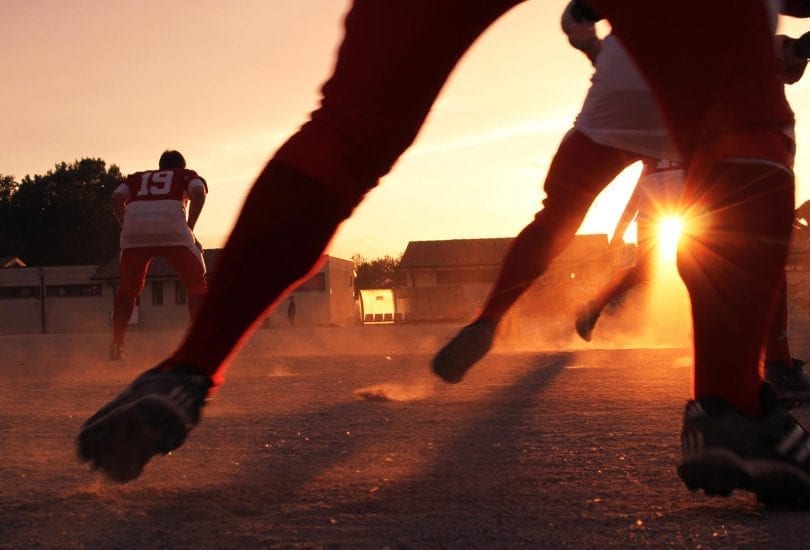Written by Team Juggernaut
Dr. Kevin M. Pierce, DC, CCSP
Water is a basic necessity of life, without water, life does not exist. When it comes to athlete hydration, water is one of the most important factors in an athlete’s training routine. Water makes up approximately 60-70 percent of our body weight and is involved in almost every function. As part of the blood stream water helps carry nutrients toward cells and away as waste products. Unlike many nutrients in the body, water cannot be created or stored. It must be replenished once it is eliminated (i.e. urine, sweat, respiration).The body naturally engages in metabolic activity, constantly breaking down and replenishing stronger cells. With this, there is vast amount of important nutrients needing to be transported in and out of cells to aide recovery as well as development both mentally and physically. When it comes to physical growth, new muscle must be developed, bones must adapt to an increased stress response and supportive structures need be repaired after physical activity. Hydration allows this to happen, and is a vital component to an athlete’s growth and recovery.
Muscle tissue is roughly 70-75% water on average and in a lean, muscular athlete this may

exceed 75%. While fatty tissue is only comprised of 10% of our body’s water. Functions of water go further than transportation of nutrients; water also regulates normal body temperature and blood volume. Hydration needs are also linked to our body’s energy expenditure; the more energy expended, the greater the need for hydration. The reason for this, heat is a byproduct of energy production, and excessive heat from physical activity must be transferred to the environment to maintain regular body temperature. The way the body achieves this is through sweat.
Sweat loss in an athlete during activity can vary anywhere from 1.0-1.5 liters per hour. Therefore to maintain adequate hydration an athlete must replace sweat loss. studies have stated consuming 1.0 to 1.5 ml of fluid per calorie expended is optimal to regain hydration lost with training. Therefore an athlete who expends 1000 calories during a training session should consume at a minimum 1.0- 1.5L to return to pre-training fluid balance. An effective way to address hydration is to keep track of your weight pre and post training. Weight loss will be fluid loss. Fluids lost during training or competition should be replaced completely, within a 6 hour span from the completion time of training. For example, if 6 pounds were lost during a training session, it should be replaced with 16oz. of fluid per pound lost, or a pint per pound (i.e. 96oz). This is an example if the next day is not a particularly difficult day of training or competition. If the next day is a tough training day one should consume 24oz per pound of fluid lost over a 6 hour span. This will ensure you have hydrated for the next day’s events.
Fluid loss as low as 2% of total body weight (i.e. 3 pounds in a 150 pound person) reduces

endurance capacity and aerobic performance. Increased levels of dehydration cause impaired mental concentration, alertness, muscular strength and endurance. All of which will alter ones athletic performance and further dehydration only increases severity of symptoms. When it comes to fluid replacement, all fluid should not be just water alone; sports drinks should be consumed to keep sodium levels balanced and prevent hyponatremia. An electrolyte unbalance in which sodium concentration outside the cell is lower than normal levels recommend one drink over others.
Training sessions of moderate intensity, lasting less than an hour, water is recommended to hydrate. Events or training sessions varying from moderate to high in intensity and/or load should hydrate with a sports drink containing 4-8 percent carbohydrates or 30-60g per hour to delay fatigue. Thirst is not an adequate marker for dehydration; many athletes won’t begin to feel thirsty until they have lost about 1-2% of their body weight in water. Leading to a constant decrease in performance as dehydration persist. Athletes training for competition need to train themselves to consume enough fluids before, during and after training. Fluid content prior to training should not be a high sugar intake; the more concentrated the fluid the longer gastric emptying. Resulting in a delaying of fluid absorption and utilization. Sports drinks used pre/during training or competition should be diluted 50 percent. Concentrated sports drinks should be used after training to replace glycogen stores in muscle and liver, as well as fluid and electrolyte levels. Post competition/training, should be concentrated fluids and consumed without the worry of an insulin spike. Studies have shown there is not an insulin spike for 2 hours following high intensity exercise training.
Each individual requires different demands; there is not one set of guidelines which are perfect for every individual. Amounts will vary depending on training load, how the body responds to hydration levels. There is NO excuse for dehydration. Practice hydration during practice, and prepare for competition during training. DO NOT make changes in hydration during or prior to an event.







